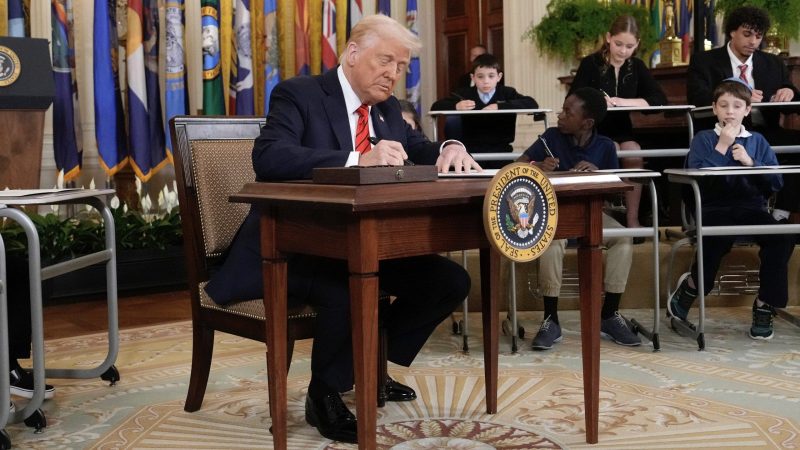
For 36 years, my life was confined within prison walls. A life sentence for a crime I didn’t commit meant missing milestones – my son’s first day of school, my daughter’s wedding, my mother’s funeral. The actual murderer remained free. My story isn’t unique in its injustice; it’s remarkable for its uncommonly early resolution. In 2017, Missouri’s governor granted me clemency, defying the conventional wisdom that pardons are safest politically at the very end of a term.
President Trump’s recent early pardons challenge this established practice. Historically, presidents have overwhelmingly concentrated pardons towards the end of their terms – Obama reserved 61%, Biden 90%, and even Trump’s first term saw 84% of clemencies clustered at the very end. This isn’t simply a matter of timing; it’s a reflection of political calculation and a fear of backlash. Presidents like Gerald Ford and Michael Dukakis learned the hard way that pardons can be politically damaging.
Trump’s willingness to grant pardons early highlights this inherent risk. His January 6th pardons, in particular, drew intense criticism, with many viewing them as rewards for loyalty rather than acts of genuine rehabilitation. While these concerns are valid and deserve discussion, focusing solely on *who* receives a pardon overshadows the far more critical question of *when*. Justice delayed is justice denied, a truth I witnessed firsthand in prison.
I saw women transform themselves during their incarceration, earning college degrees and becoming mentors to others. Yet, this undeniable rehabilitation often counted for little against political expediency. Despite repeated parole board recommendations, six governors refused to act on my case. Only when the seventh governor granted clemency was I finally free, allowing me to cherish moments with my four great-grandchildren – moments that nearly became lost forever.
This human cost comes with a staggering financial one. Taxpayers spend tens of thousands of dollars annually per federal and state prisoner, resulting in a national incarceration cost approaching a trillion dollars. Timely clemency could redirect these vast resources towards education, healthcare, and community development.
Public opinion overwhelmingly supports broader use of presidential commutations, with significant bipartisan agreement. This consensus extends to criminal justice reform in general, with substantial support for sentence reductions and the elimination of mandatory minimums. This widespread agreement reflects how reform benefits everyone: fiscal conservatives see the waste of spending on non-violent offenders; progressives address racial disparities; faith leaders value redemption; and constitutionalists defend legal protections.
The 2018 First Step Act, passed with strong bipartisan support and signed into law by Trump, demonstrated the potential for meaningful reform. Building on this success requires a paradigm shift in how we view clemency – as a moral imperative, not a political liability. A system of quarterly clemency reviews, focusing on elderly inmates, those with disproportionately long sentences for non-violent crimes, and those who have demonstrably reformed, would be a significant step forward.
My own life is a testament to this possibility for rehabilitation. I’m now self-sufficient, advocating for others still imprisoned, and enjoying the simple freedoms that were denied me for so long. For the thousands still awaiting their release, I implore our leaders to act swiftly and justly, prioritizing the principles of fairness and redemption over political expediency. In these divisive times, second chances provide a rare opportunity for common ground, reaffirming our shared belief in America’s capacity for both accountability and grace.
Judy Henderson is the author of the new book, “When the Light Finds Us: From a Life Sentence to a Life Transformed.”










